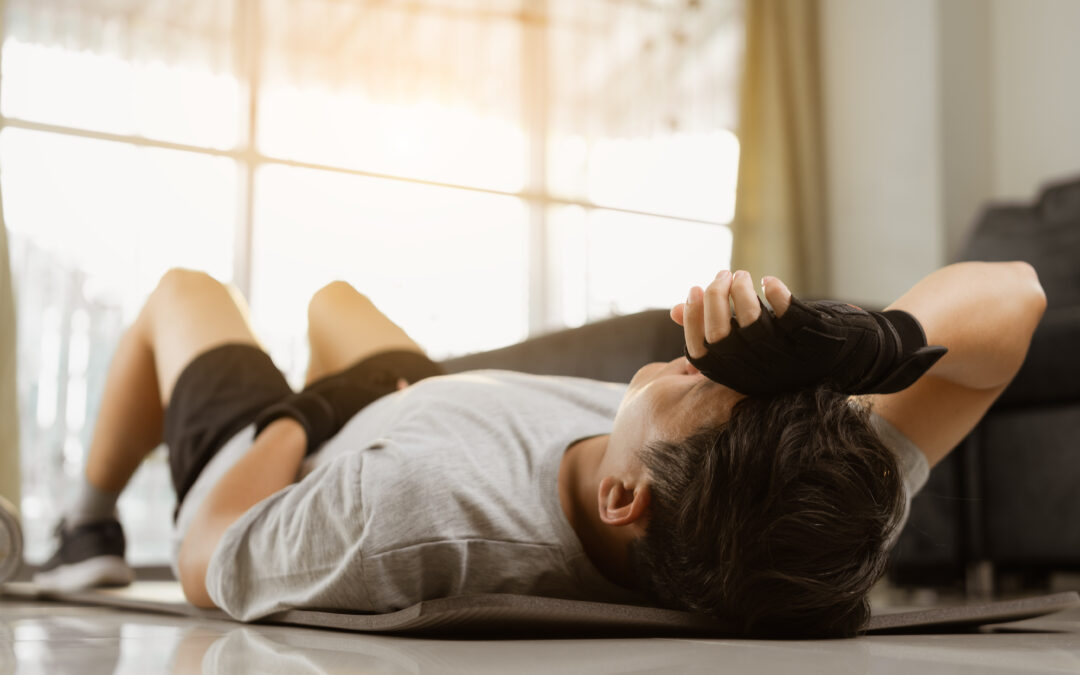Neck Size and Sleep Apnea: The Connection
Professional athletes are admired for their athletic skills and perceived levels of fitness, but they are also at higher risk for sleep apnea than the general population. Why? It turns out there is a strong link between neck size and sleep apnea. Neck size is one of the diagnostic tools used to determine a person’s risk for sleep apnea, and muscular neck sleep apnea is more common than you think.
There are many bodybuilders and athletes with sleep apnea. In fact, Reggie White of the Green Bay Packers was a two-time NFL Defensive Player of the Year. Sadly, he died in 2004 at the age of 43 due to a heart condition that worsened due to sleep apnea. His widow, Sara, formed the Reggie White Foundation to help raise awareness of the condition and the dangers of sleep apnea. Former basketball great and Phoenix Suns player, Shaquille O’Neal and his wife spoke publicly about his sleep apnea and treatment in a video by Harvard Medical School.
According to the Mayo Clinic, “having a neck circumference that’s greater than 16 inches if you’re a woman or greater than 17 inches if you’re a man is one of the numerous risk factors associated with obstructive sleep apnea (OSA).” A neck size that’s greater than 16 or 17 inches indicates excess fat in the neck which can contribute to the narrowing of your trachea, making obstruction or blockage of your airway more likely to occur.
Professional Athletes With Sleep Apnea
NFL players have a documented higher risk of developing sleep apnea due to a higher prevalence of obesity and large waist and neck circumference. While it’s estimated that between 2 and 5 percent of the general population has obstructive sleep apnea, a research study showed that an alarmingly high number of NFL players have OSA—between 14 and 19 percent!
Online resource CPAP.com profiled 7 professional athletes with OSA, and how getting treatment has made a difference in their lives—or could have. Additionally, former player Aaron Taylor, now a college football analyst for CBS, has also spoken out about the danger of OSA, and his journey to treatment and how it dramatically changed his life.
The moral of this story? Sleep apnea affects everyone, even athletes. If you have any of the risk factors for OSA or suspect you may have a sleep disorder, don’t wait to seek out treatment. Schedule a consultation with a sleep specialist today.
For more information on sleep apnea and bodybuilding, check out this article from bodybuilding.com.


